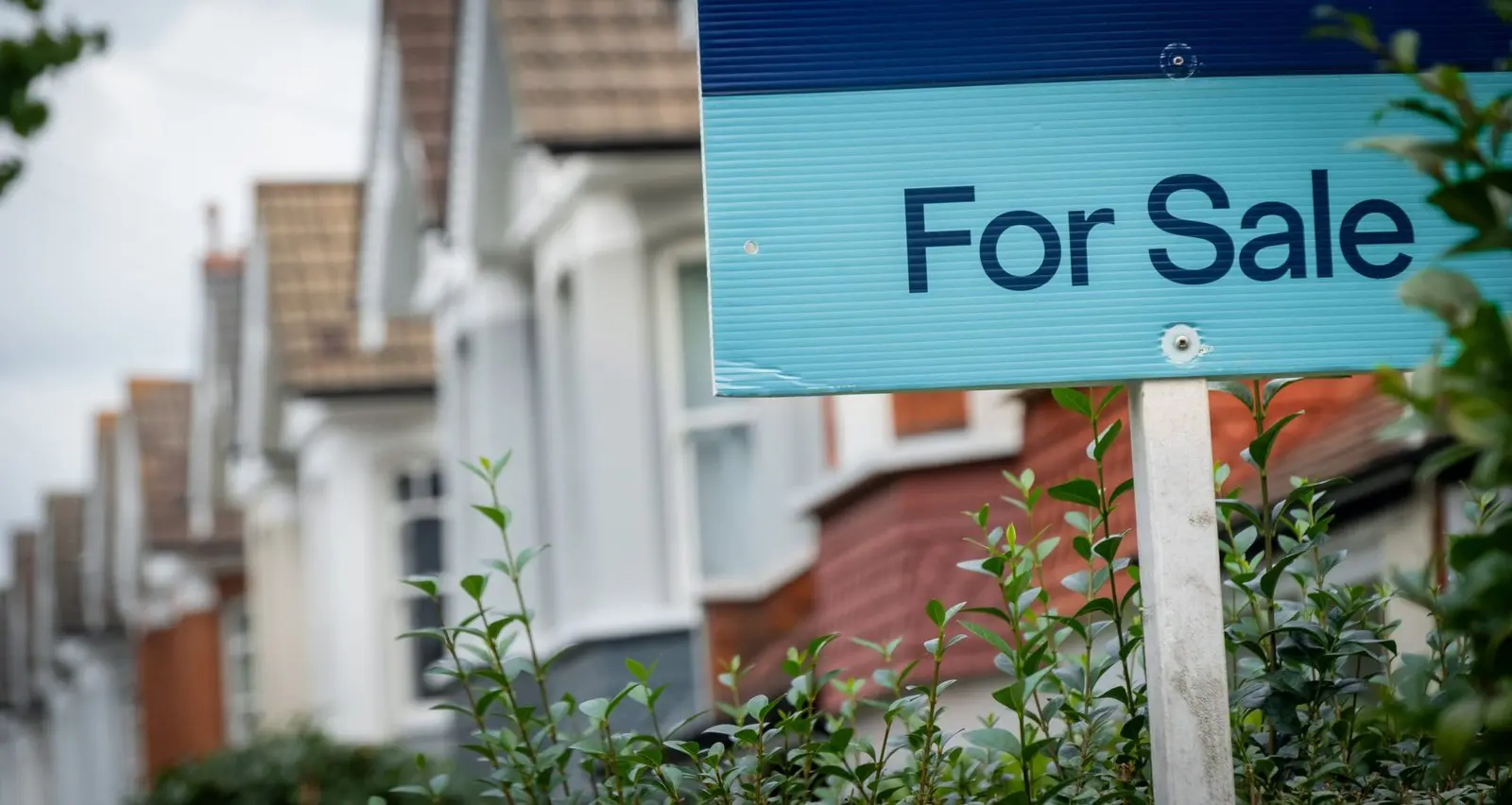
Enduring rental hell, while house prices creep up.
- Private rents were up 8.4% in the year to August, to an average of £1,286 across Great Britain.
- In England, rent inflation was highest in London at 9.6% and lowest in the South West at 6.4%.
- The average house price across the UK was up 2.2% in the year to July, to £290,000. The average price for first-time buyers hit £242,789.
- New-build price rises continued to outstrip existing properties – up 23.2%, compared to 1.3% for existing properties.
The ONS released private rent and house price data today:
Private rent and house prices, UK – Office for National Statistics (ons.gov.uk)
House price data was published by the Land Registry: UK House Price Index: reports – GOV.UK (www.gov.uk)
Sarah Coles, head of personal finance, Hargreaves Lansdown:

Renting houses
“If renters think there may be light at the end of the tunnel, they’re sorely mistaken. They’re in a deep, dark hole, and that light is coming from somewhere way out of reach. It’s not going to get any closer without significant change to the way the market is operating. There’s no sign of that any time soon.
Rents are up 8.4%, and while they’re not rising as fast as they have been, they’re still climbing. Plenty of landlords are selling up. The threat of potential changes to capital gains tax in the Budget may have inspired more of them. Meanwhile, tenant numbers keep climbing. Zoopla figures show 21 tenants chasing each available property. Life is tough for renters, and it’s getting tougher.
The government will be hoping that the plan to build more homes will eventually ease the pressure. Nevertheless, this is a long-term ambition. In the interim, there’s little hope for renters. For many, it means the only real light at the end of the tunnel is the prospect of buying. With prices so high, they need all the help they can get. Prospective buyers should seriously consider using a Lifetime ISA. This way, they can get a government bonus of up to £1,000 a year to put towards the deposit.

For Sale
Property prices rose modestly in the year to July. These are completions based on sales agreed a few months earlier. At that time, Moneyfacts figures show the average 2-year fixed rate mortgage charged around 5.8%. New Year optimism had started to ebb slightly. We can expect the official figures to show fairly anaemic growth for another few months. Mortgage rates will begin to fall more convincingly. Also, the Bank of England will cut its rate.
Things have picked up more recently, and as mortgage rates have fallen, more buyers have returned to the market. More cuts are expected later this year. We see momentum build for the market. Prices keep rising into 2025.
For anyone planning to move up the property ladder, this is a mixed blessing. Their property be easier to sell and the price higher. Yet, on the flip side, their next property prove pricier and harder to buy. If you’re in this position, it’s worth considering what you can afford to save towards the move. The bigger your nest egg, the easier the stretch will be onto the next rung of the ladder. Don’t let this money languish in the coffers of a high street bank though. At the moment, there are still savings accounts and cash ISAs offering close to 5%. You can still be amply rewarded for your efforts.

